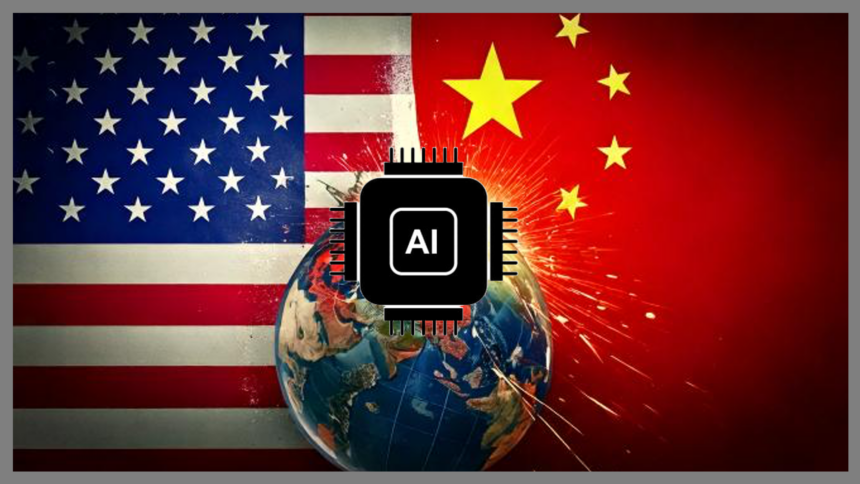The Biden administration has imposed stricter rules on exporting advanced AI chips, including those designed by Nvidia. The new regulations, which take effect in 2025, divide countries into tiers, with some facing complete bans while others are subject to purchasing limits. As global competition for AI supremacy heats up, these restrictions aim to maintain the U.S.’s leadership in artificial intelligence but have sparked criticism from tech giants like Nvidia.
What’s Happening & Why This Matters
The New Export Rules: Tiered Restrictions for Global Markets
The Biden administration’s new regulations focus on controlling the export of Nvidia’s powerful AI chips. Under these rules, countries are categorized into three tiers:
- Tier 1: These 18 U.S. allies — like Canada, Australia, and most of Western Europe — face no restrictions. They can import as many advanced U.S. chips as needed.
- Tier 2: This category includes much of Central and South America, Africa, the Middle East, and Southeast Asia. These countries can still import advanced AI chips, but there is a cap of 1,700 GPUs per order. Orders exceeding this amount will require a license.
- Tier 3: Countries like China and Russia, along with other U.S.-sanctioned nations, face a complete export ban, preventing them from acquiring these advanced chips altogether. The goal is to stop adversaries from using U.S. technology in AI development for military or intelligence purposes.
Nvidia’s Response: Pushback Against Restrictions
Nvidia, a leader in the AI chip market, has voiced strong opposition to the new export rules. The company’s Vice President of Government Affairs, Ned Finkle, argues that these measures could weaken the U.S.’s position in the global AI race. He claims the regulations could stifle global progress and potentially push other nations toward using Chinese technology.
Finkle also criticizes the process behind the regulations, describing them as a “200+ page regulatory morass” and blaming the Biden administration for not involving proper legislative review. Oracle, another tech company affected by these rules, shares similar concerns. Oracle suggests that the tighter restrictions push the global tech demands towards Chinese alternatives.
The Bigger Picture: Geopolitical and Technological Implications
These new export restrictions are a concerted effort to safeguard U.S. dominance in AI. By limiting who can access cutting-edge Nvidia chips, the U.S. hopes to prevent adversarial nations from using these resources in ways that could challenge national security. However, the effectiveness of these measures remains uncertain, as existing loopholes — such as smuggling chips from countries without restrictions — could still undermine the efforts.
TF Summary: What’s Next
The Biden administration’s latest round of restrictions on Nvidia’s AI chips is a crucial step in the battle for global AI dominance. While the regulations seek to secure U.S. leadership, they’ve faced backlash from leading tech innovators like Nvidia and Oracle. These innovators fear such draconian measures will backfire and accelerate reliance on Chinese technology. With the potential for adjustments under the incoming Trump administration, these future restrictions remain in flux. Global tech competition is only intensifying. The U.S., Europe, and Asia will continue to balance their national security, technological superiority, and competition innovation in AI.
— Text-to-Speech (TTS) provided by gspeech


